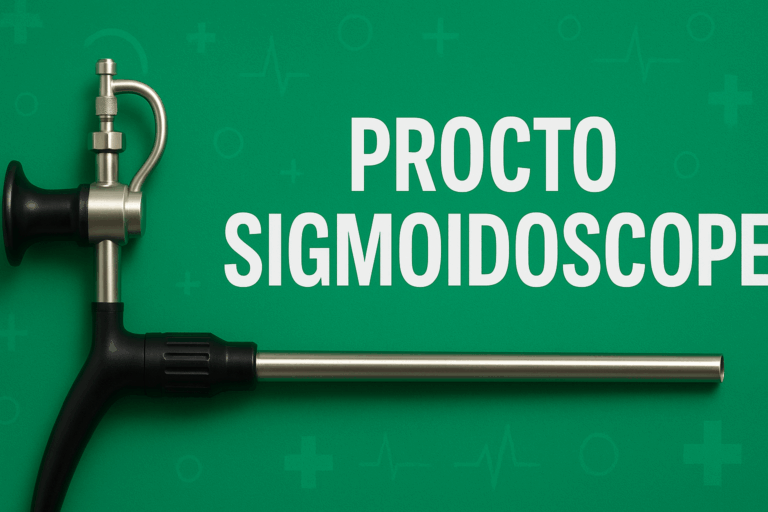Radiology’s Role in Cognitive Health: All panel.com sign up, Lotus 365 book, Betbook 247.com login
all panel.com sign up, lotus 365 book, betbook 247.com login: Radiology’s Role in Cognitive Health
As we age, cognitive health becomes increasingly important for maintaining a high quality of life. Dementia, Alzheimer’s disease, and other cognitive disorders can have a significant impact on our ability to function independently. Thankfully, advancements in medical technology have made it possible for healthcare professionals to better understand and diagnose these conditions. One such technology that plays a crucial role in assessing cognitive health is radiology.
Radiology is a branch of medicine that uses imaging techniques, such as X-rays, CT scans, and MRIs, to diagnose and treat diseases and conditions within the body. When it comes to cognitive health, these imaging techniques can provide valuable insights into the brain’s structure and function. By analyzing these images, radiologists can identify abnormalities that may be indicative of cognitive decline or neurodegenerative diseases.
Let’s take a closer look at how radiology contributes to maintaining cognitive health:
Early Detection of Cognitive Disorders
One of the key benefits of using radiology in assessing cognitive health is its ability to detect abnormalities in the brain at an early stage. Many neurodegenerative diseases, such as Alzheimer’s, begin with subtle changes in the brain that may not be noticeable through traditional diagnostic methods. Radiological imaging can help identify these changes before symptoms manifest, allowing for early intervention and treatment.
Monitoring Disease Progression
In addition to diagnosing cognitive disorders, radiology plays a crucial role in monitoring disease progression. By performing regular imaging scans, healthcare providers can track changes in the brain over time and adjust treatment plans accordingly. This proactive approach can help slow the progression of cognitive decline and improve the patient’s quality of life.
Assessing Treatment Efficacy
Radiology is also instrumental in assessing the effectiveness of treatments for cognitive disorders. By comparing imaging scans taken before and after treatment, healthcare providers can determine whether the treatment is having the desired impact on the brain. This feedback is essential for optimizing treatment plans and ensuring the best possible outcomes for patients.
Guiding Surgical Interventions
In some cases, surgical interventions may be necessary to treat certain cognitive disorders, such as brain tumors or vascular malformations. Radiology plays a vital role in guiding these procedures by providing detailed images of the brain’s structure and identifying the precise location of the abnormalities. This precision is essential for ensuring successful surgical outcomes and minimizing the risk of complications.
Enhancing Research and Development
Radiology also plays a critical role in advancing our understanding of cognitive health through research and development. By studying images from large patient populations, researchers can identify patterns and trends that may help improve diagnostic techniques and treatment strategies. This ongoing research is essential for developing innovative solutions to combat cognitive disorders and improve patient outcomes.
Frequently Asked Questions
1. How does radiology help in diagnosing Alzheimer’s disease?
Radiology can identify changes in the brain, such as the buildup of amyloid plaques and tau tangles, which are characteristic of Alzheimer’s disease. These changes can be detected through imaging techniques, such as PET scans and MRI scans, allowing for early diagnosis and intervention.
2. Are there any risks associated with radiological imaging?
While radiological imaging is generally safe, there are some risks associated with exposure to radiation, especially with repeated scans. Healthcare providers take precautions to minimize radiation exposure and only recommend imaging when the benefits outweigh the risks.
3. Can radiology detect all types of cognitive disorders?
Radiology can detect many types of cognitive disorders, but not all. Some conditions, such as mild cognitive impairment or certain types of dementia, may not always show up on imaging scans. In these cases, healthcare providers may rely on a combination of imaging and cognitive assessments for a comprehensive evaluation.
In conclusion, radiology plays a crucial role in maintaining cognitive health by enabling early detection of disorders, monitoring disease progression, assessing treatment efficacy, guiding surgical interventions, and advancing research. By harnessing the power of imaging techniques, healthcare providers can better understand and address cognitive disorders, ultimately improving outcomes for patients. If you have any concerns about your cognitive health, don’t hesitate to speak with your healthcare provider about the role of radiology in assessing and managing cognitive disorders.







